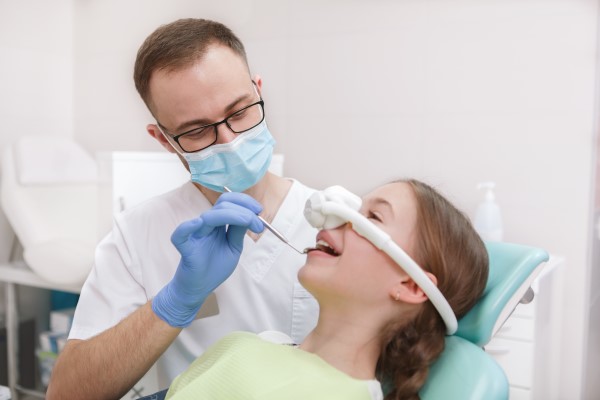
Sedation Dentistry: What to Expect
Dental operations can be completed while completely calm for patients with dental phobias and other special needs thanks to sedation dentistry, often known as IV sedation dentistry. You can still breathe under IV sedation, but you’ll likely forget the entire process because you’ll be so comfortable. Here is what you may anticipate with sedation dentistry, although each dentist who offers it may have slightly different steps and techniques.
Do You Qualify as a Good Sedation Candidate?
While there are other sedation dentistry techniques, IV sedation employs medication administered via an intravenous solution to relax the patient. These drugs have a substantial effect, and some prescription drugs may interact with them. Additionally, not everybody should use them. You must schedule a consultation with the dentist you’re thinking about getting IV sedation from and that you fully reveal all of your current medical conditions, prescription and over-the-counter medications, herbal remedies, and dietary supplements at that time. Even though they may appear to be innocuous, many vitamins and herbs can interact with drugs, including sedatives. The dentist or nurse anesthetist must know this information before your Ventura sedation dentistry near me.
Your dentist will examine you, take any required dental X-rays, and review the benefits, risks, and potential adverse effects of IV sedation. If there are any aspects of the process or your treatment plan that you don’t understand, you should feel free to ask your dentist to clarify them.
You will schedule a return visit once you and your dentist have decided that you will have IV sedation for your dental operation.
On the Procedure’s Day
IV sedation is painful despite being administered in the dentist’s office. You should arrange for a competent adult to pick you up and transport you to your appointment. You should wait 24 hours following sedation to drive, attend work or school, or make any significant decisions to ensure that the medication’s effects have entirely worn off. If you are told to fast before the treatment, strictly adhere to the directions.
The Process in Place
An IV will be started in your arm during IV sedation by either the dentist or a nurse anesthetist. Although a needle is used, most people say the procedure feels like a pinch or prick in the arm. Although a dentist may administer the IV, a trained registered nurse anesthetist is advised to deliver IV sedation. In addition to comprehensive training in anesthesia, a CRNA may also keep an eye on your breathing, blood pressure, and other vital signs while under anesthesia. This allows the dentist to concentrate solely on your dental care. Before scheduling an appointment for IV sedation, carefully investigate the staff, facilities, and credentials of the individuals at your dentist’s office. It’s easier for the dentist and probably safer for you.
Although you generally won’t remember it, the dentist will use more medicine to numb your teeth and gums before starting treatment. The sedation will be reversed after the treatment, and you’ll ‘wake up’ sufficiently to drive yourself home.
Following the Procedure
It’s crucial to adhere to all the after-procedure home care instructions that your dentist offers you. These instructions may change depending on the care you had during the IV sedation appointment.
The day following your appointment, if you could still feel a little exhausted—plan to unwind at home for the remainder of the day. Then, you’ll likely be prepared to return to work or school the following day and feel like your old self.
Dental IV sedation benefits
Some folks avoid scheduling an appointment at all costs because they are so terrified of the dentist. However, the repercussions of disregarding your oral health might be significant. It has an impact on your appearance in addition to harming your health.
IV sedation dentistry might be an excellent choice if you’ve been putting off having your wisdom teeth removed, getting a painful tooth inspected, or even just a regular appointment.
Any queries regarding sedation dentistry should be directed to your dentist or physician. This material is not intended to substitute for consulting your doctor or dentist.
